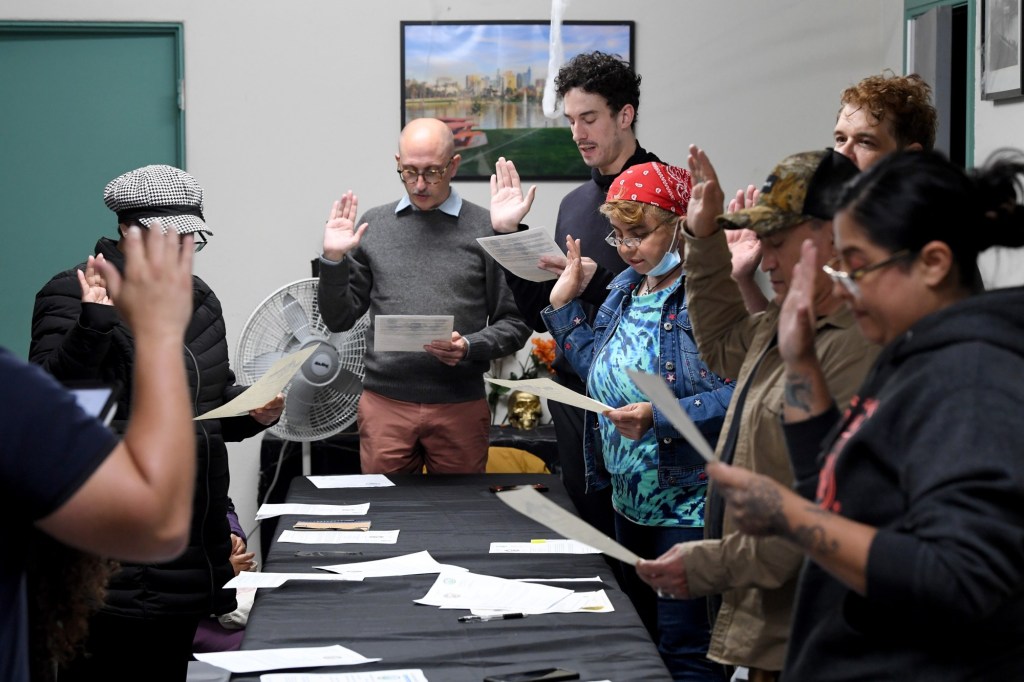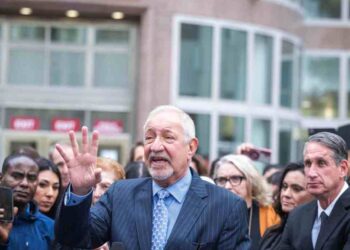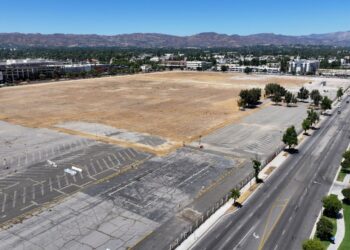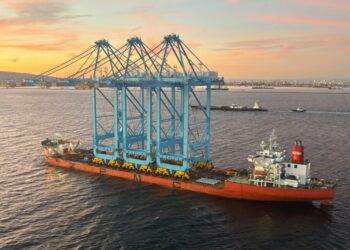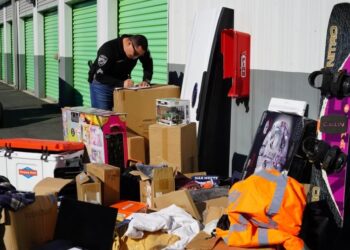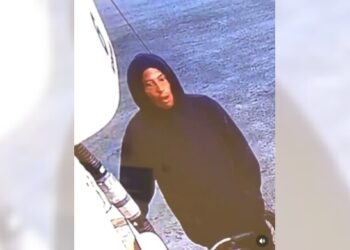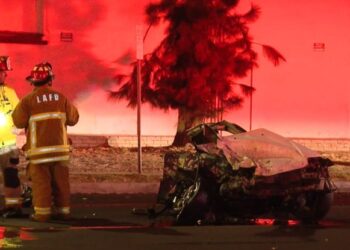The working-class neighborhood of MacArthur Park, which sits at the epicenter of Los Angeles’ overdose crisis, has a pressing need to be heard in City Hall. But the city’s traditional strategy for involving residents in governing, the neighborhood council system, is failing.
The MacArthur Park Neighborhood Council stopped meeting earlier this year after only one person ran for one of its 17 empty seats. An attempt to revive the body at an Oct. 25 meeting yielded eight members in total, still not enough for a quorum, which requires nine.
The neighborhood council members say there are several barriers standing between residents and the council, including language challenges, government mistrust, a communal sense of helplessness, safety concerns walking to meetings and a lack of time to devote to meetings.
At the same time, the neighborhood council members know that the low-income, majority Latino community located near Downtown Los Angeles direly needs city resources and support.
Last year 83 fatal overdoses occurred in the zip code encompassing MacArthur Park, more than any other zip code in the county, according to data from the Los Angeles County Medical Examiner-Coroner. More than 28% of residents in the zip code live below the poverty line and the annual median household income is about $43,000, according to the U.S. Census.
“Our small businesses are struggling, the selling of narcotics on the streets, illegal vendors, the potholes, the streets that need cleaning, the shoplifting by the Metro station,” said MacArthur Park Neighborhood Councilmember Ivonneanette Machado. “There are illegal lock-outs, there are evictions going on.”
Los Angeles City Councilmember Eunisses Hernandez, who represents MacArthur Park, is concerned about the neighborhood council’s struggle to attract members.
“Our neighborhood council system is one that we work with regularly. It’s a way for us to hear the concerns of community and it’s also a way for us to…
Read the full article here

